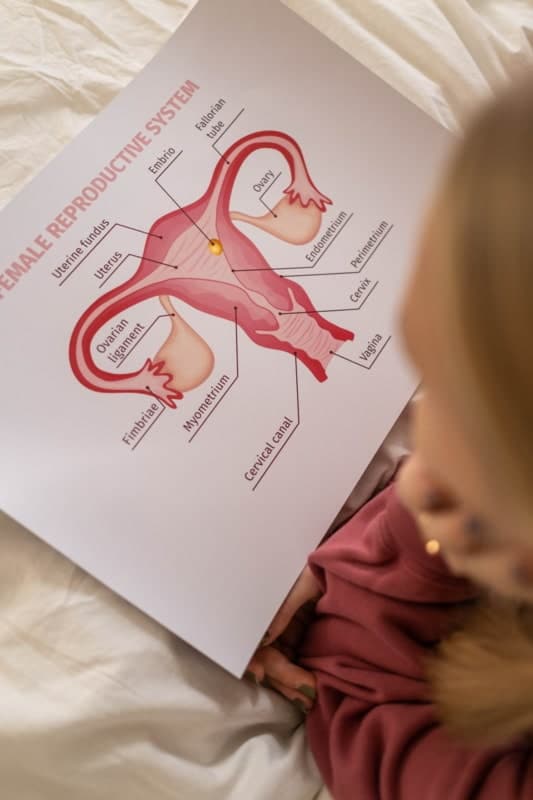Chronic bloating. Lower back pain. Fatigue that lingers even after rest. These are symptoms […]

PID is a condition where there is inflammation of a woman’s uterus, fallopian tubes and ovaries, usually caused by an infection that spreads upwards from the vagina and cervix. It is more common in young, sexually active women, or in women who have endometriosis.
In some cases, PID can be caused by sexually transmitted infections (STIs) like chlamydia or gonorrhoea; in other cases, it can be caused after procedures such as intrauterine contraceptive device (IUD) insertion, termination of pregnancy, hysterosalpingogram (HSG).
Do see your gynaecologist as these symptoms can also be caused by other conditions.
Your gynaecologist will take a detailed medical history and perform a pelvic examination. Swabs will be taken from the vagina and cervix to test for infections. It is still possible to have PID even if the swabs return negative as they may not be able to pick up the infections all the time. Blood tests may help to determine the level of inflammation in your body, especially if you have a fever. A urine pregnancy test may be done if you have any chance of being pregnant. An ultrasound scan will also be performed to check for any formation of abscess (pus collection) in the pelvis.
If your swab test comes back positive, you and/or your partner will be advised for additional tests.
Most women can be successfully treated with 2 weeks of oral antibiotics, although severe cases may need hospitalisation for intravenous antibiotics. You will need painkillers and rest, and must continue follow-up with your doctor to ensure that your PID has resolved.
Contact your gynaecologist earlier if you experience:
Prompt and complete treatment is important as there can be serious health consequences if PID goes untreated, as it can cause pelvic organ scarring and result in you being at risk of:
Some women with severe PID and large pelvic abscesses who do not improve with intravenous antibiotics may require an operation for pus drainage. This may be done via a keyhole (laparoscopy) surgery or by the X-ray department – your doctor will discuss the appropriate options with you.
PID can be caused by STIs and your partner may have no symptoms even if they carry the infection. It is important for all partners to be tested and treated appropriately, to avoid reinfection and long-term health problems.
Avoid sexual contact for a week after you and your partner have completed treatment. Use a condom to protect against STIs and to prevent PID reinfection.
Chronic bloating. Lower back pain. Fatigue that lingers even after rest. These are symptoms […]
Many women live with Polycystic Ovary Syndrome (PCOS) without realising fact from fiction. This […]
Within the realm of women’s health, the terms “fibroids” and “cysts” are often mentioned […]





Aster Gynaecology © | All Rights Reserved.